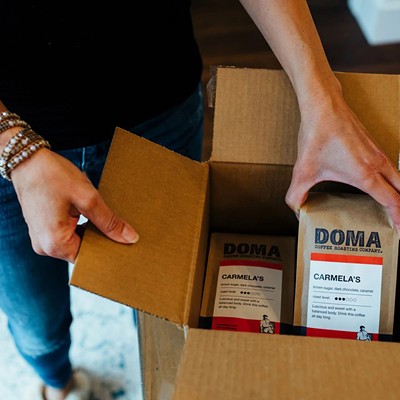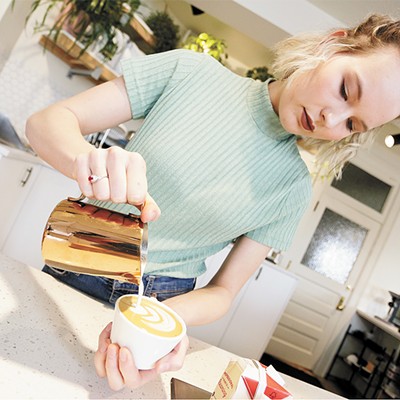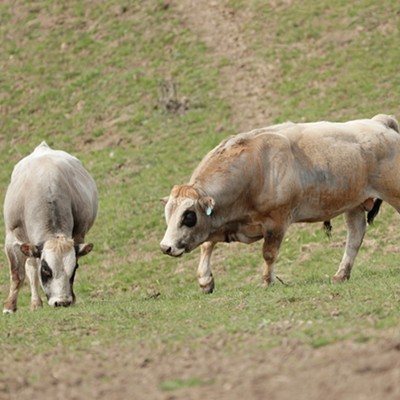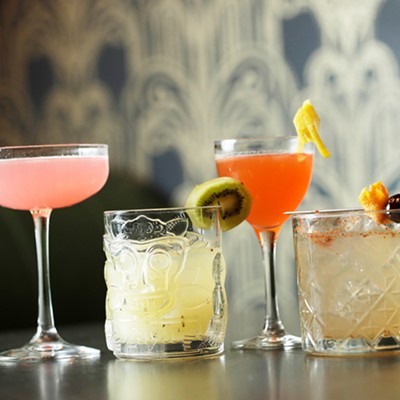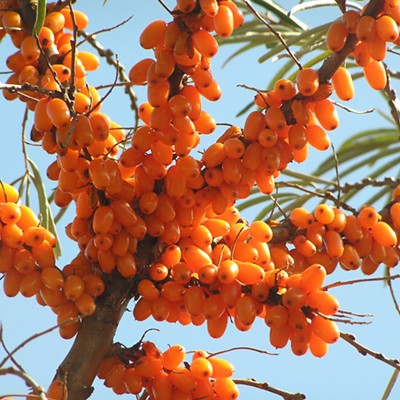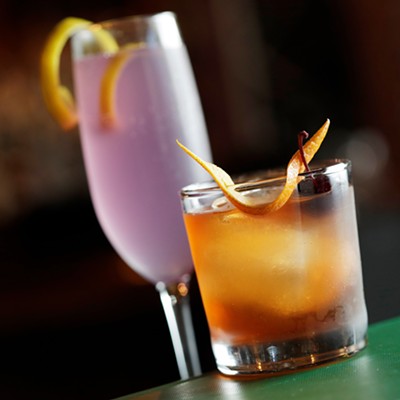The Northwest's craft beer scene isn't the only beverage category bubbling over with enthusiasm and growth.
As its followers already know, our region continues to expand its thirst for and recognition of the local artisan coffee market. The Portland-based, global coffee coverage site Sprudge, for example, has posted on Spokane and Sandpoint numerous times in recent years, while Expedia this month touted Spokane as one of 13 "up-and-coming coffee cultures" alongside the likes of San Diego, Kansas City, Miami and Phoenix.
As with craft beer, the region's appreciation of coffee culture continues to evolve, with an influx of coffee shops and roasters helping to elevate our collective coffee IQ and consumption. Just in the last year and a half, newcomers to this regional bean scene include Vessel Coffee Roasters, Coeur d'Alene Coffee Co., and Lake City Coffee. Other established coffee purveyors like Roast House, Indaba and Evans Bros., meanwhile, continue to expand their physical footprints, and name recognition.
When Cravens Coffee and Thomas Hammer Coffee both opened in Spokane back in 1993, they were at the forefront of coffee's so-called third wave, which industry experts agree began in the 1990s, and presents coffee as more of an artisanal ingredient, like wine and chocolate, than a commodity. (The first wave of American coffee culture began with the mass import of coffee in the 19th century, which was later followed by milestones of the second wave, including the Seattle coffee scene of the 1970s-90s, the rise of espresso bars and specialty roasters, and the founding of Starbucks.)
More than two-and-a-half decades later, the much expanded roster of local roasters varies in capacity and focus, from sustainability and direct-relationships, to experimenting with flavors and processes, as well as collaborative business models.
In Spokane, two award-winning roasting houses are riding this "third wave" into 2018 with expanded locations and recognition in the community.
Roast House Coffee is kicking off the new year with a First Night Spokane preview of its soon-to-be-newest tasting room in the refurbished Music City building of downtown Spokane, at 1011 W. First. Roast House still maintains a warehouse and central roasting facility near Gonzaga University, though its flagship tasting room is currently located in Kendall Yards inside My Fresh Basket.
Roast House's goal as a company is to educate people about coffee, including origin and processing, says founder Deborah DiBernardo.
"The biggest thing for me is preserving what little ecosystem is left," says DiBernardo, who meticulously sources only organic, fair-trade, shade-grown coffee that is defect-free, which, she adds, results in the best tasting coffee.
Indaba Coffee Roasters founder Bobby Enslow is equally passionate about coffee, which is the vessel for achieving his mission to strengthen the community. Enslow launched Indaba's flagship West Central coffee shop on Broadway Avenue in 2009. He began roasting his own beans in 2014, favoring the Nordic approach, which advocates seasonal sourcing and small batch roasting. Roasting turns green beans brown and removes moisture, yet starts the clock for losing flavor, which peaks at about 7-10 days, says Enslow.
Indaba added a second downtown location on Howard Street in 2015 and, next spring, they'll add a third, new Kendall Yards shop, which will house a 20-pound roaster to alleviate the business's current 'round-the-clock roasting schedule. Indaba is also partnering with a pop-up donut shop called Hello Sugar, to be housed in the new location.
"It's always been part of my original dream to be deeper in [West Central]," says Enslow, who dedicates a portion of sales to Second Harvest food bank, and is fine-tuning a program to teach at-risk youth about coffee.
Indaba also provides supportive employment opportunities to those who might not otherwise have access to it, like Aaron Rivkin, who, with his wife Katie, recently opened Ladder Coffee & Toast in North Spokane, where they serve locally-roasted brands including Indaba.
"It's been cool to see them go on to start their own businesses," says Enslow.
Although it hasn't received quite as much attention as Spokane, North Idaho communities also continue to boost the region's coffee culture.
Coeur d'Alene Coffee Company is one of the newest Northwest roasters, and is located inside the Innovation Collective private club and entrepreneurial center in downtown Coeur d'Alene.
"My husband, my two boys and myself built most everything in the coffee shop, from welding the metal, building the bars [and] countertops, to all of the tables, coffee tables, the shelves and the benches," says co-owner Danelle Peterson.
It's important, says Peterson, for her business to give back to the community, support innovation and provide for its employees.
"Our goal is that this enables [employees] to grow and learn, while actually being able to support a family and getting to follow their passion."
Nearby, Evans Brothers Coffee Roasters recently opened a Coeur d'Alene location, nine years since building their main roasting and retail facility in Sandpoint, which serves as a cultural hub with art exhibits, poetry readings, music and community events. Like they do in Sandpoint, says co-owner Rick Evans, the Lake City location also focuses on education and community.
"I feel like it's full circle, from going to farms and getting to know producers and then sharing that with customers," says Evans.
Evans laughingly admits the Coeur d'Alene coffee market is more saturated than in Sandpoint, yet he's optimistic.
"If we stick to who we are and are true to our vision, I think we'll be ok," he says.
Enslow, a coffee scholar with boundless enthusiasm, is equally philosophical about the region's coffee culture. There is more collaboration than competition amongst vendors, similar to the craft beer market, says Enslow.
"In the end, customers are going to what brand they align to," he says. ♦





